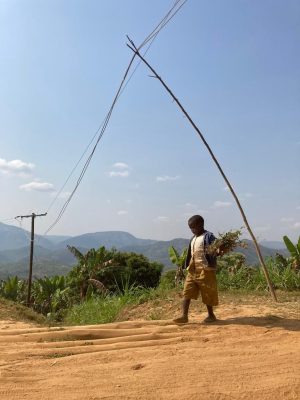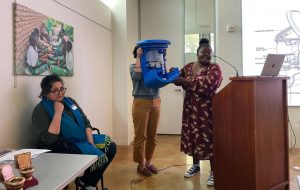Author:
Brittany Schell
Professor Addy also teaches a course at UC Berkeley, Design for Sustainable Communities. The class gives students hands-on experience in the design and implementation of projects meant to improve the sustainability of communities in developing countries.
The students work in teams throughout the semester on practical projects, with guidance from professor Addy and other experts. The class, a mix of graduate and undergraduate students from various majors at Berkeley, meets twice a week to discuss their own projects as well as explore the methods of successful innovators.
“One of the most pressing challenges of the new century is to harness the extraordinary force of technological innovation…and make
its benefits accessible and meaningful for all humanity,” professor Addy said to begin class, quoting former UN Secretary General Kofi Annan.
Cost effective, creative solutions to problems like unemployment and the lack of water and electricity in villages—like professor Addy’s ECAR water initiative—provide a new area of opportunities for businesses and social entrepreneurs. It’s innovation for the 90 percent, she told her students.




